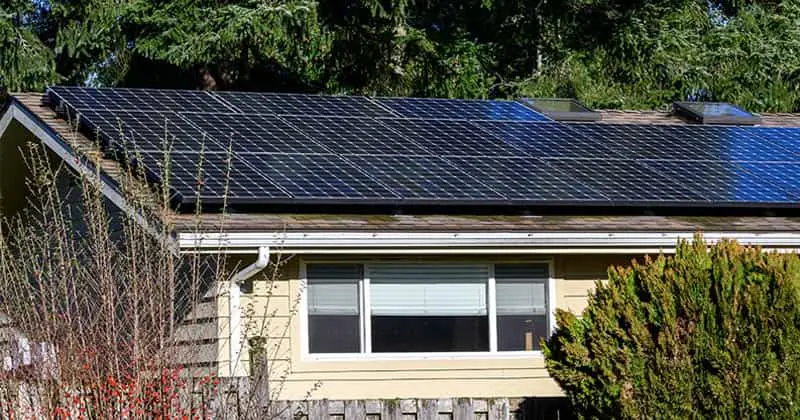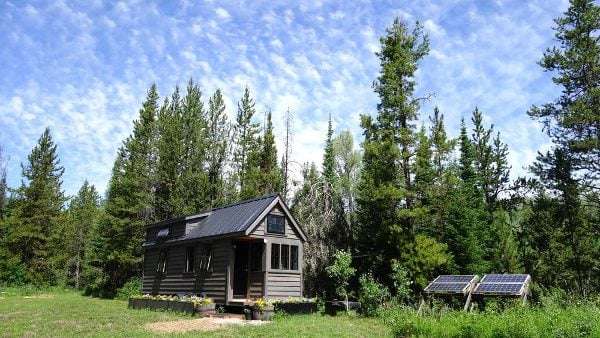Living off the grid has become increasingly popular in recent years, with more and more people opting for a self-sustainable lifestyle. However, one aspect that often perplexes those considering this alternative way of living is how do off-gridders handle traditional utilities like gas. In a world so reliant on these essentials, it’s fascinating to explore the creative strategies and innovative solutions that off-gridders employ to meet their energy needs while embracing a more sustainable and independent lifestyle.
Overview
Introduction to off-grid living
Off-grid living refers to the practice of living without reliance on traditional utilities such as electricity, water supply, and waste disposal systems provided by municipal or commercial entities. Instead, off-gridders adopt alternative methods to meet their daily needs, often relying on renewable energy sources, self-sufficient water supply systems, and sustainable waste disposal solutions. While the idea of living off the grid may sound daunting to some, many individuals and communities have embraced this lifestyle as a way to reduce their environmental impact, achieve greater self-sufficiency, and create a more sustainable future.
The importance of utilities in off-grid living
Though off-grid living involves a departure from traditional utilities, the importance of these basic necessities remains integral to a comfortable and functional lifestyle. Utilities such as energy sources, water supply systems, and waste disposal methods are crucial for meeting daily household needs. However, rather than depending on conventional methods, off-gridders explore alternative options that are more sustainable, cost-effective, and environmentally friendly. In this article, we will delve into various alternative energy sources, gas alternatives, energy storage solutions, water heating options, cooking alternatives, heating and cooling methods, waste disposal solutions, water supply systems, and ways to manage energy consumption off the grid.
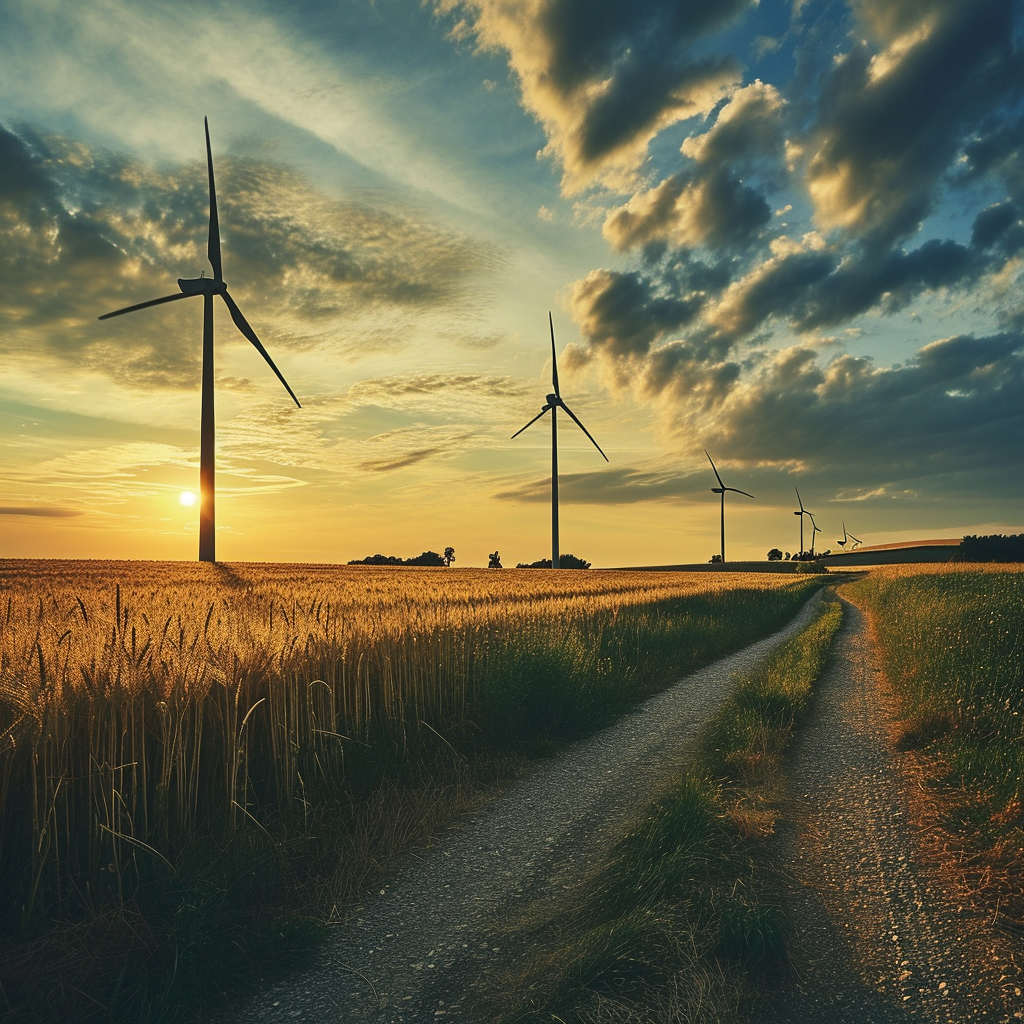
Alternative Energy Sources
Solar Power
Solar power is one of the most popular and accessible alternative energy sources for off-grid living. By harnessing energy from the sun, solar panels produce electricity that can power appliances, lighting, and various household devices. This renewable energy source is particularly advantageous in regions with abundant sunlight, as it offers a free and consistent source of power. Furthermore, advancements in solar technology have made it more affordable and efficient than ever before.
Wind Power
Another viable alternative energy source for off-grid living is wind power. Wind turbines capture the kinetic energy of the wind and convert it into electricity. This renewable energy source is especially suitable for areas with consistent and strong winds. However, the initial setup cost and maintenance requirements of wind turbines can be significant, making it essential to carefully assess the feasibility and potential energy yield of this option.
Hydro Power
Hydro power utilizes the energy generated from flowing water to produce electricity. By diverting water through a turbine, off-gridders can generate power without solely depending on solar or wind energy. Suitable for properties with access to running water, hydro power provides a reliable and continuous source of renewable energy. However, it requires specific topographical conditions and may necessitate permits depending on local regulations.
Gas Alternatives
Propane Gas
Off-gridders often utilize propane gas as an alternative to natural gas for cooking, heating, and powering certain appliances. Propane is a versatile and readily available fuel that can be stored in tanks and used on-demand. It is a clean-burning fuel that produces fewer emissions and offers a viable option for those who prefer a gas-powered lifestyle off the grid.
Biogas
Biogas is a renewable energy source produced from organic waste materials such as kitchen scraps, livestock manure, and agricultural residues. Through a process called anaerobic digestion, bacteria break down the waste and produce a combustible gas mixture composed mainly of methane. Off-gridders can harness biogas for cooking, heating, and generating electricity, making it a sustainable and efficient gas alternative.
Wood Burning Stoves
Wood burning stoves have been used for centuries as a primary heat source, and they continue to be a popular option for off-gridders. By burning wood logs, pellets, or chips, these stoves provide warmth and can also be used for cooking. However, it is crucial to ensure proper ventilation and maintenance to minimize air pollution and optimize efficiency.
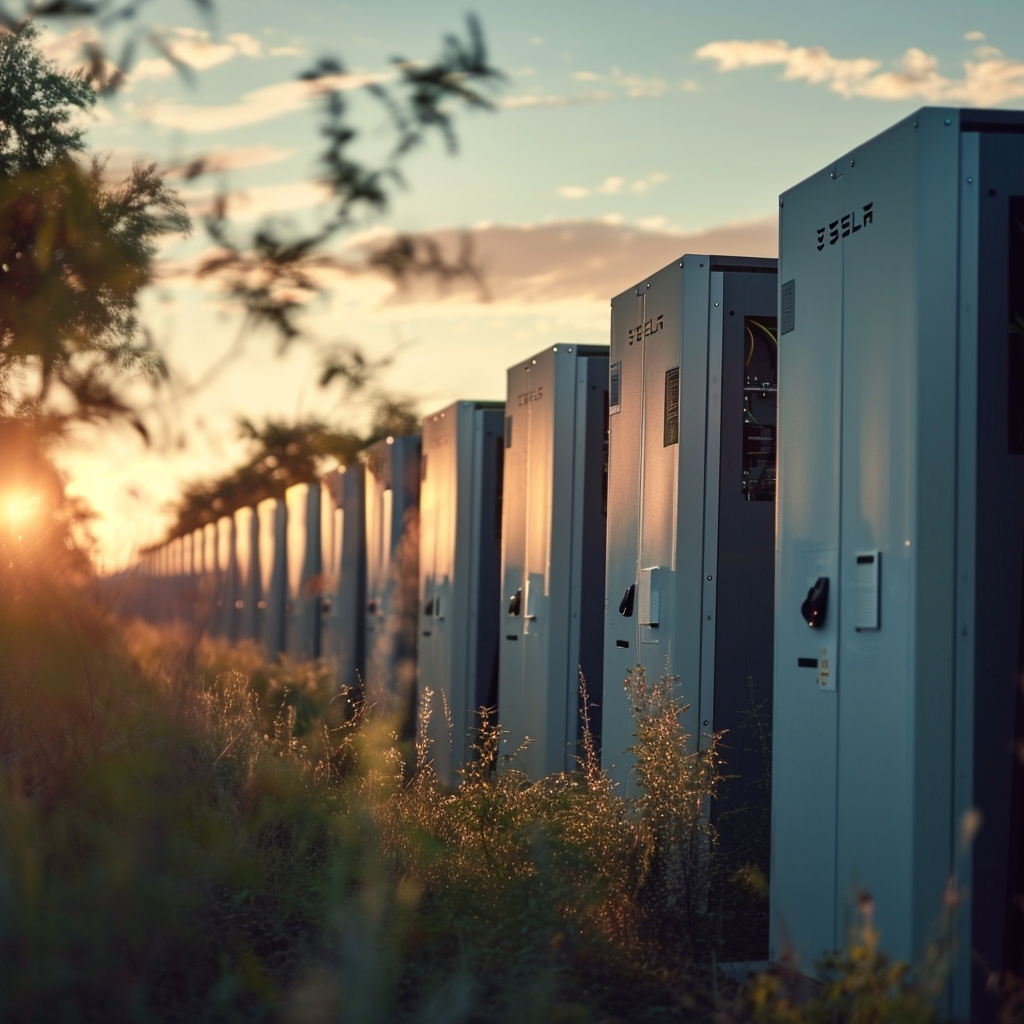
Energy Storage Solutions
Batteries
To store excess energy generated from alternative sources such as solar or wind power, off-gridders often rely on batteries. These batteries store electricity during periods of low demand or high energy production for later use. Deep-cycle batteries, specifically designed for continuous charging and discharging, are commonly used in off-grid systems. They provide a reliable and convenient energy storage solution, ensuring power availability during periods of low or no sunlight or wind.
Tesla Powerwall
The Tesla Powerwall is a cutting-edge energy storage solution specifically designed for residential use. This wall-mounted lithium-ion battery pack stores excess energy for later use, especially during peak demand or when alternative energy sources are not readily available. With its sleek design, advanced monitoring capabilities, and intelligent software, the Tesla Powerwall offers off-gridders a state-of-the-art energy storage option.
Pumped Hydro Storage
Pumped hydro storage is a highly efficient and established method of energy storage. It involves using two reservoirs located at different elevations. During periods of excess energy production, water is pumped from the lower reservoir to the higher reservoir. When electricity is needed, the water is released, flowing downhill through turbines to generate electricity. This gravity-based system offers a large-scale energy storage solution that is well-suited for managing energy demands over extended periods.
Water Heating Options
Solar Water Heaters
Solar water heaters utilize sunlight to heat water directly or indirectly. Direct systems circulate water through solar collectors, where it is heated by the sun and then stored in an insulated tank. Indirect systems, on the other hand, circulate a heat transfer fluid through the collectors, transferring the heat to a water tank. With the abundance of sunlight available to off-gridders, solar water heaters offer a reliable and sustainable option for fulfilling hot water needs.
Tankless Water Heaters
Tankless water heaters, also known as on-demand water heaters, provide hot water instantaneously without the need for a storage tank. These systems heat water as it flows through a heat exchanger, offering an energy-efficient alternative to traditional water heaters. With no standby heat loss and the ability to deliver hot water on demand, tankless water heaters are an excellent choice for off-gridders looking to conserve energy and space.
Wood-fired Water Heaters
Wood-fired water heaters, commonly known as wood boilers, heat water by burning wood logs, pellets, or chips. These systems offer a renewable and self-sufficient way to provide hot water for off-grid living. While they require manual loading and monitoring, they are highly efficient and can provide a continuous supply of hot water.
Cooking Options
Electric Stoves
Electric stoves offer a convenient and versatile cooking option for off-gridders. These stoves utilize electricity to generate heat and are available in various designs, including coil burners, smooth-top surfaces, and induction cooktops. While they require a reliable source of electricity, they offer precise temperature control and are relatively easy to maintain.
Wood-burning Cookstoves
Wood-burning cookstoves have been a staple for off-grid cooking for centuries. These stoves provide warmth and also offer a means to prepare meals using wood fuel. Wood-burning cookstoves come in various sizes and designs, some equipped with ovens or stovetops. They are highly efficient and can provide a sustainable and reliable cooking option, especially for off-gridders in areas with ample access to firewood.
Solar Cookers
Solar cookers harness the energy of the sun to cook food without the need for traditional fuels or electricity. These portable devices use reflective surfaces to concentrate sunlight, creating a source of heat for cooking. While solar cookers may require longer cooking times compared to other methods, they are an eco-friendly and energy-efficient option, particularly suited for sunny off-grid locations.
Heating and Cooling Methods
Geothermal Heating
Geothermal heating utilizes the stable underground temperature to regulate indoor climate control. Through a system of pipes, a fluid circulates into the ground, drawing heat from it in the winter and dissipating excess heat in the summer. This method provides efficient heating and cooling while minimizing the need for additional energy sources. However, geothermal systems require careful planning and evaluation of site suitability, making them more suitable for certain geographic locations.
Passive Solar Heating
Passive solar heating takes advantage of natural sunlight and the greenhouse effect to warm living spaces. Through strategic placement of windows, insulation, and thermal mass materials, passive solar design maximizes heat absorption during the day and retains it during cooler periods. This cost-effective and environmentally friendly method provides consistent heating while reducing reliance on mechanical systems.
Radiant Floor Heating
Radiant floor heating utilizes a system of tubes installed under the floor to circulate warm water, providing heat directly to the room. This method offers efficient and comfortable heat distribution, evenly warming the living space from the floor up. While the initial installation may be more expensive, radiant floor heating provides long-term energy savings and can be powered by various energy sources, including solar or wood boilers.
Waste Disposal Solutions
Composting Toilets
Composting toilets provide a sustainable and environmentally friendly alternative to traditional sewage systems. These systems convert human waste into nutrient-rich compost through natural decomposition processes. Composting toilets require little to no water, require minimal maintenance, and produce valuable compost that can be used in gardening or landscaping.
Incinerating Toilets
Incinerating toilets utilize heat to completely burn human waste into sterile ashes, reducing it to around 10% of its original volume. These systems are self-contained, requiring no water or sewage connections. While incinerating toilets require a power source to operate, they offer a hygienic and efficient waste disposal solution that minimizes environmental impact.
Greywater Systems
Greywater systems collect and treat water from non-toilet fixtures such as sinks, showers, and laundry machines for reuse. By diverting this water to irrigation or other non-potable uses, off-gridders can significantly reduce their water consumption and wastewater output. Greywater systems may incorporate filtration and purification methods to ensure water quality standards are met.
Water Supply Systems
Rainwater Harvesting
Rainwater harvesting involves collecting rainfall for household use. Off-gridders set up systems to capture rainwater from rooftops and direct it to storage tanks or cisterns. This collected water can be used for various purposes, including drinking, cooking, cleaning, and irrigation. Rainwater harvesting offers a self-sufficient water supply solution, reducing reliance on external water sources.
Well Water
For off-gridders with access to underground water sources, wells provide a reliable and independent water supply. By drilling a well and installing a pump system, off-gridders can access groundwater for drinking, cooking, and everyday household needs. However, well water must undergo proper testing and treatment to ensure its quality and safety for consumption.
Spring Water
Spring water is another natural water source that off-gridders can utilize for their daily needs. Springs are areas where groundwater naturally emerges from the earth, often creating a small stream or pool. With appropriate collection and filtration systems, off-gridders can tap into this pure and refreshing water source, providing a sustainable and environmentally friendly water supply option.
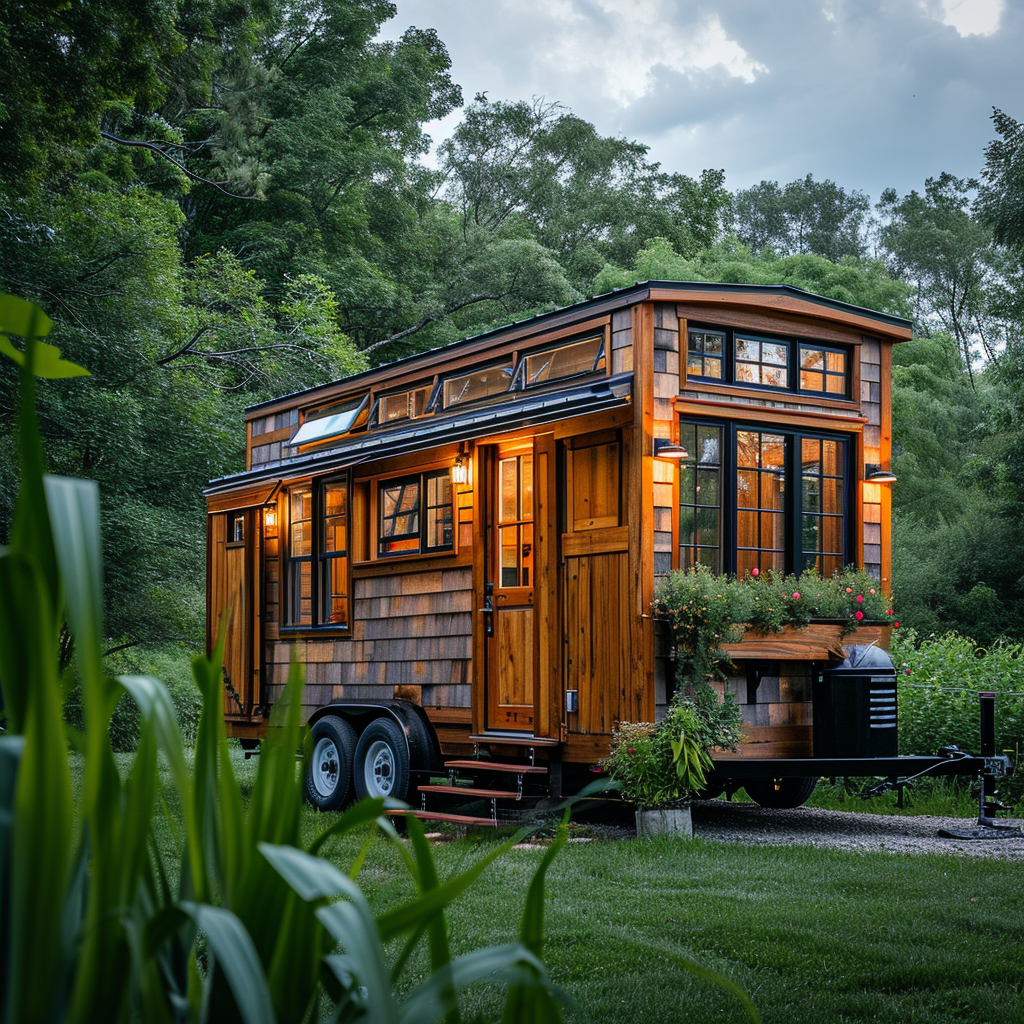
Managing Energy Consumption
Energy-efficient Appliances
Selecting energy-efficient appliances is crucial for off-gridders looking to minimize their energy consumption. Energy Star-rated appliances and devices are specifically designed to consume less electricity without compromising functionality. From refrigerators and washing machines to lighting fixtures and electronics, investing in energy-efficient options can significantly reduce energy demands.
Smart Home Technology
Smart home technology offers off-gridders the ability to monitor and control energy consumption from a centralized system. With features such as smart thermostats, intelligent lighting controls, and energy monitoring devices, off-gridders can optimize their energy usage, track efficiency, and identify potential areas for improvement. Smart home technology empowers individuals to make informed decisions about their energy consumption, helping them reduce waste and minimize their environmental footprint.
Power Monitoring Systems
Power monitoring systems provide real-time data on energy production and consumption, enabling off-gridders to assess their energy usage patterns and identify areas for optimization. These monitoring systems can track renewable energy generation, battery storage capacity, and energy usage by individual appliances. By closely monitoring energy flow and identifying inefficiencies, off-gridders can make informed decisions to reduce consumption and maximize their self-sufficiency.
In conclusion, off-grid living requires careful planning and consideration of alternative methods for meeting basic needs such as energy, water, waste disposal, and heating/cooling. With advances in technology and a shift towards sustainability, a variety of options are available to off-gridders seeking a self-sufficient and environmentally friendly lifestyle. Whether it’s harnessing solar and wind power, exploring gas alternatives, implementing energy storage solutions, or adopting efficient water heating and cooking methods, off-grid living offers a unique opportunity to create a more sustainable and resilient future.


